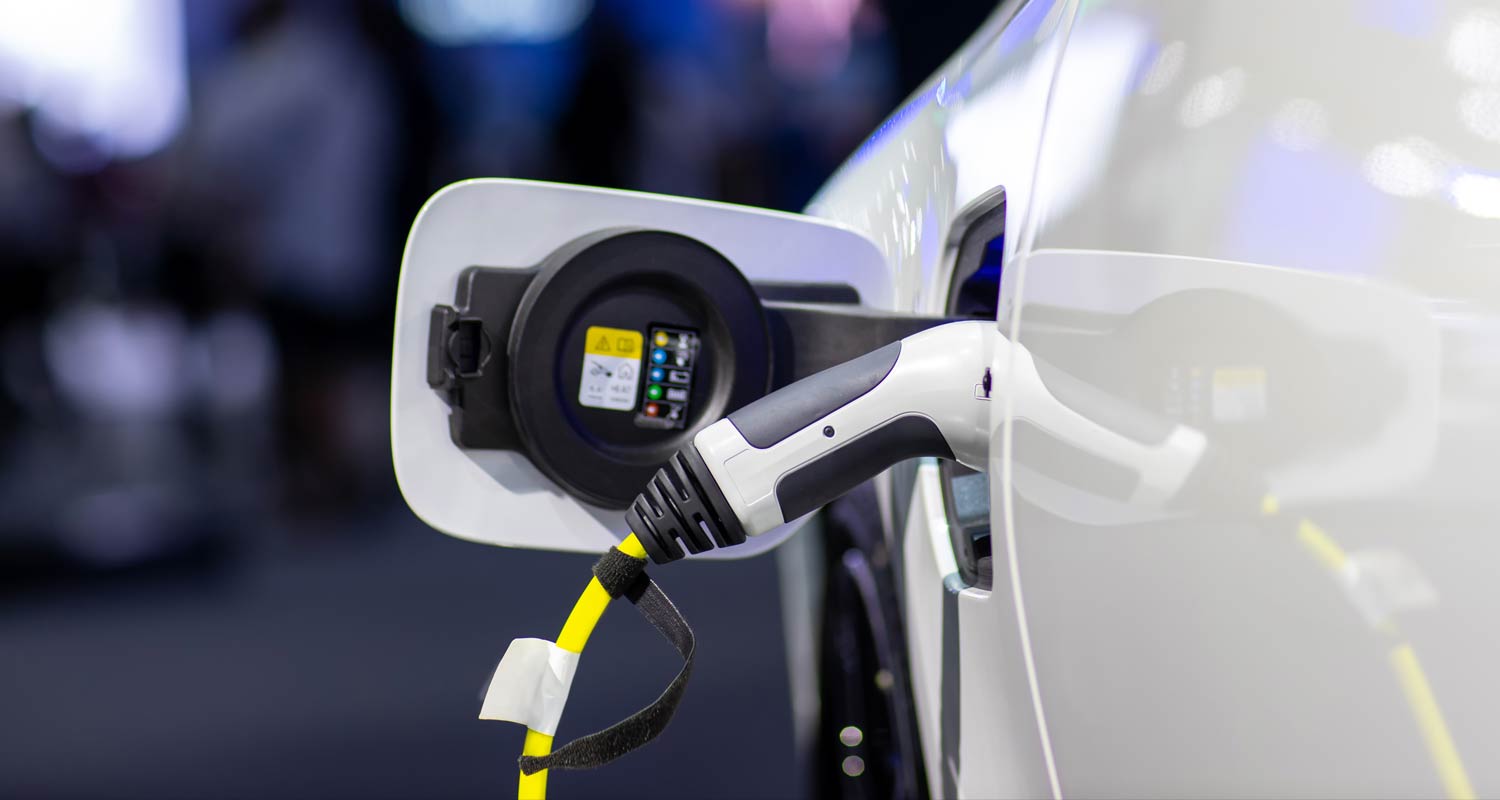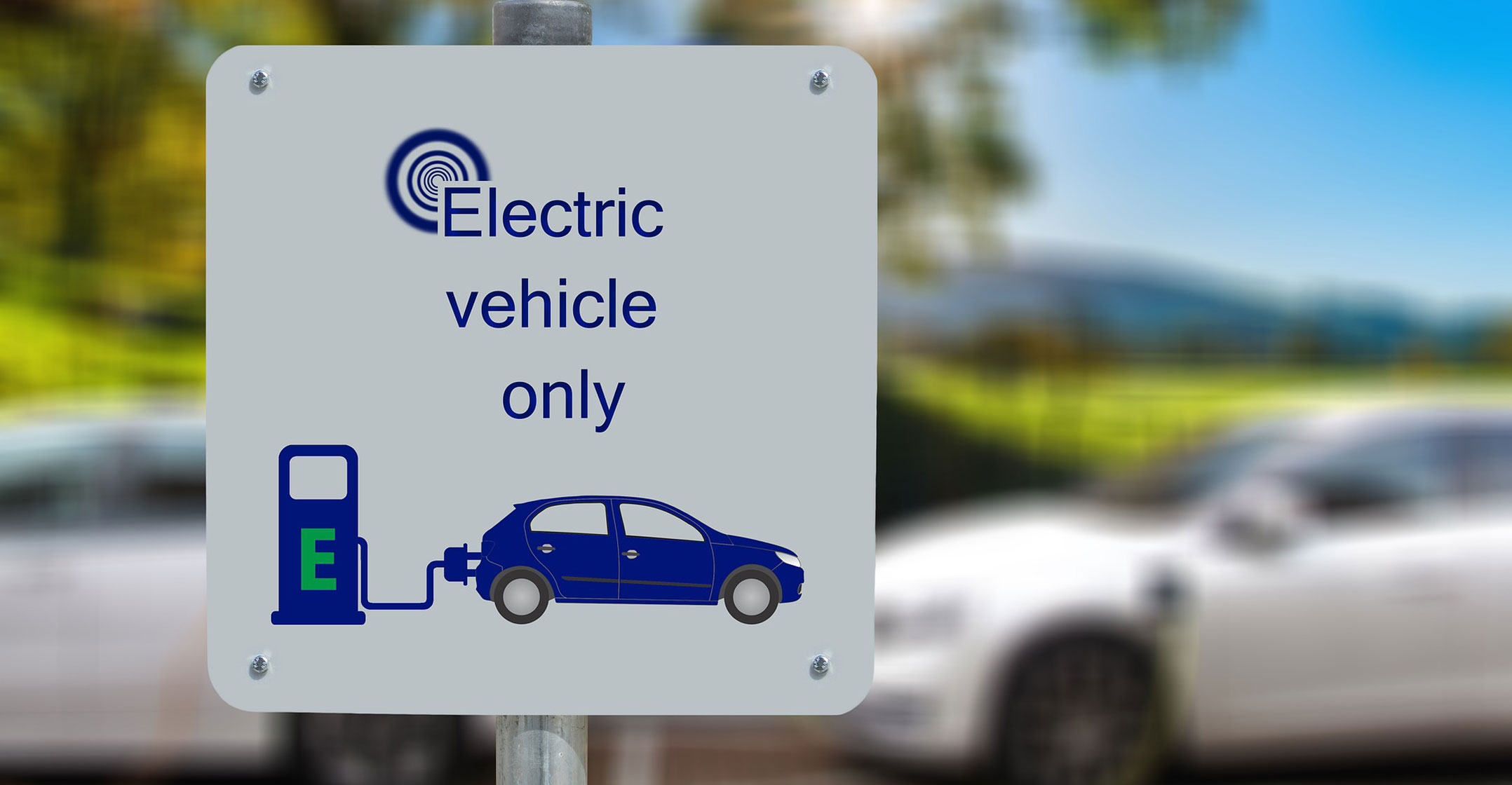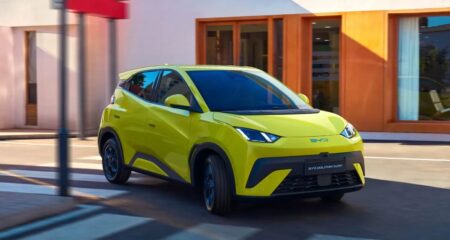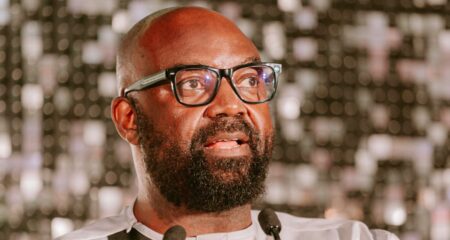 The announcement of a long-awaited new energy vehicle (NEV) policy by government is expected in early November.
The announcement of a long-awaited new energy vehicle (NEV) policy by government is expected in early November.
The policy needed to govern the transition to electric vehicles in South Africa is so urgent it should have been made yesterday, according to the speakers at a panel discussion at the annual South African Auto Week at Gallagher Estate in Johannesburg.
Panellist Martine Biene, Volkswagen Group South Africa’s chair and MD, tried to put a positive spin on the country being left behind in the EV race, saying that a benefit of coming “late to the party” is that South Africa can learn from others’ mistakes.
But she said it is now vital to know government’s intentions, aligned with their lead times, in order to plan for next-generation vehicle production cycles, which are generally five years in the making.
“We need clear policies across the value chain to stimulate demand where all can tap in, including in the supply chain battery area, where we have the mineral beneficiation potential to support local battery manufacture,” she said.
South Africa has nickel, manganese and cobalt, all of which are needed for the process, and Zimbabwe has lithium, so some of the key components are already present.
“We should view this as a huge opportunity. In Norway, which has oil supplies so it doesn’t even need to move to electric cars, and is a country similar in size to South Africa, the move has been seen in a positive light and not as a threat and is so successful.”
Like Christmas
Volvo Group South Africa MD Waldemar Christensen echoed Biene’s sentiments, saying the local automotive industry needs help from policy makers. “We have to pay a 20% import duty which adds to the already high cost of vehicles. We need help so we can invest further, perhaps start manufacturing locally and create jobs,” he said.
Finance minister Enoch Godongwana is expected to announce the NEV policy in his medium-term budget on 1 November. That, said Mercedes-Benz South Africa CEO, will be like “Christmas, Easter and my birthday all in one”.
“South Africa must go faster. In Africa, Egypt and Ethiopia are ahead of us in producing EVs and are reducing the cost of ownership for customers,” said Raine.
“As an industry reliant on exports to markets like Europe, which has shifted away from ICE (internal combustion engine) vehicles, we have to be able to adapt and meet the stringent demands to continue delivering vehicles there and similar markets,” said Automotive Business Council/Naamsa president and Isuzu Motors South Africa CEO Billy Tom.
 “Locally, our approach to the continued introduction of NEVs will need to take into consideration aspects like charging infrastructure and the correct balance between hybrid, plug-in and battery electric vehicles,” he said.
“Locally, our approach to the continued introduction of NEVs will need to take into consideration aspects like charging infrastructure and the correct balance between hybrid, plug-in and battery electric vehicles,” he said.
In August, and compared to the same period last year, plug-in-hybrid vehicle sales increased by 37%, traditional hybrid increased by 54.9% and electric vehicles increased by 128.5%. The NEV sales of 4 674 units accounted for 1.23% of total new vehicle sales in South Africa. – © 2023 NewsCentral Media




